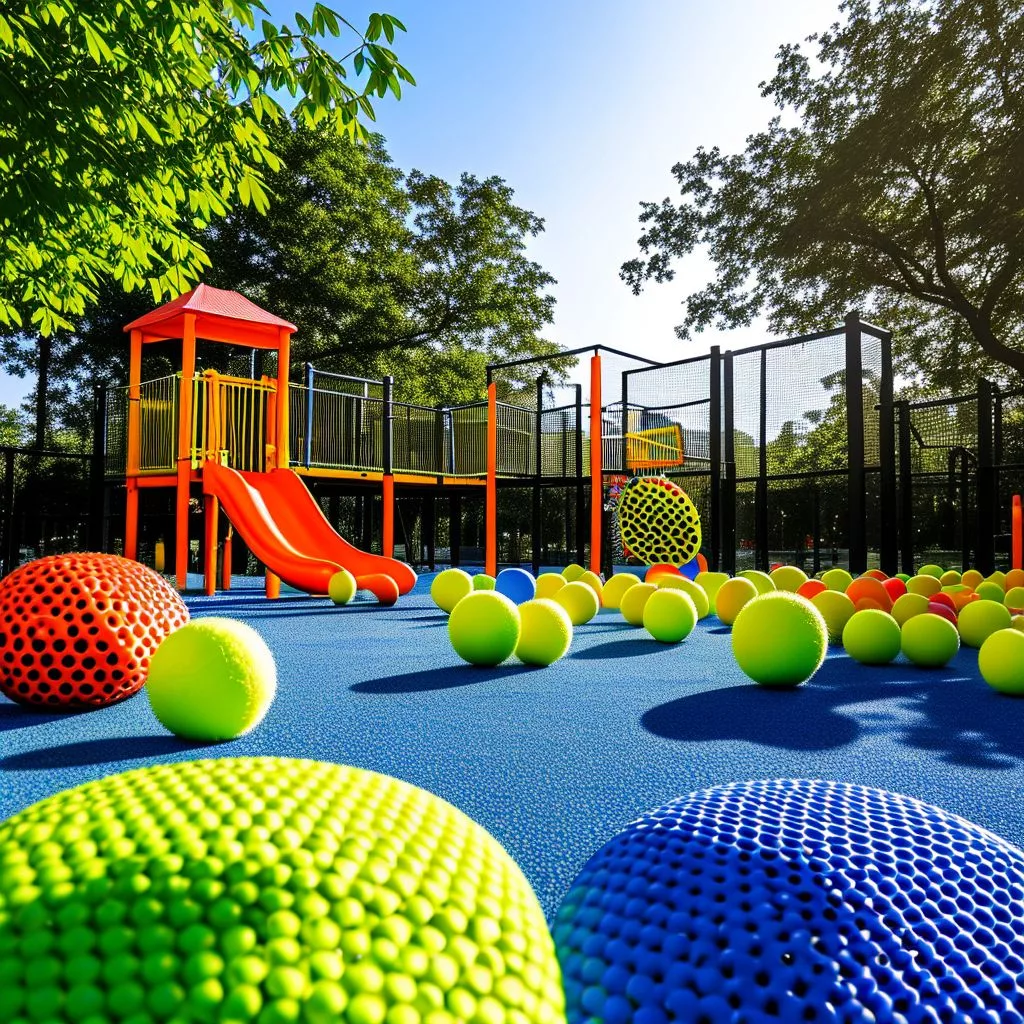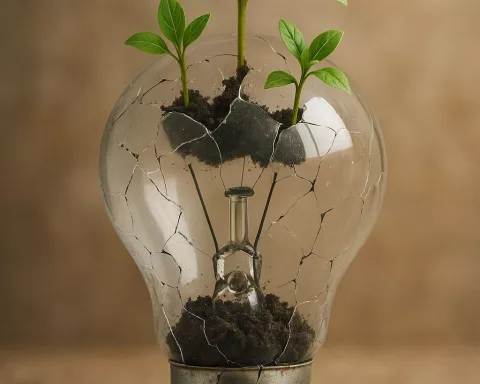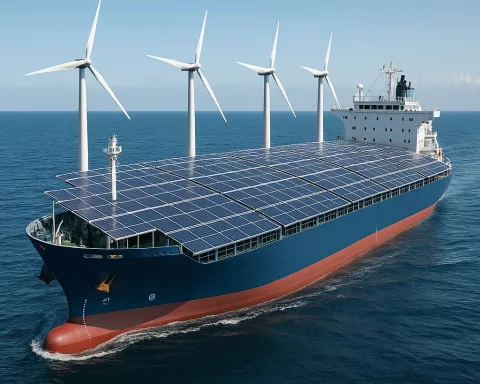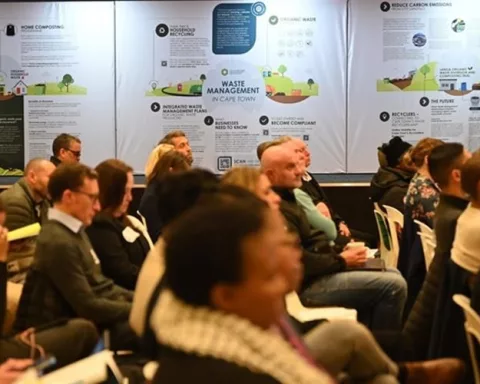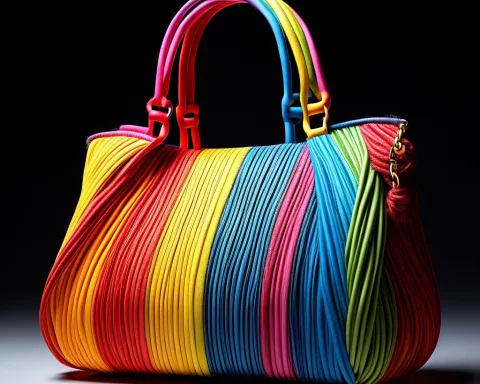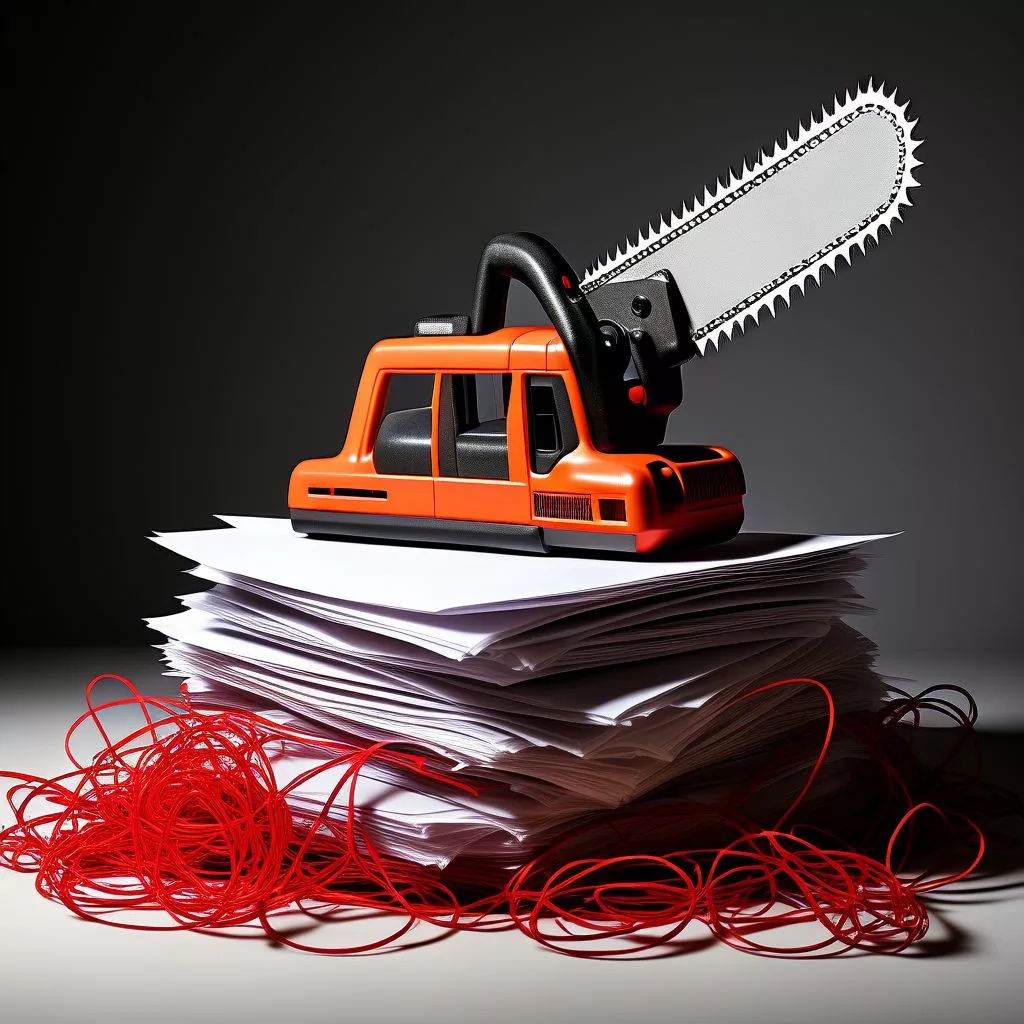Amazeballs is a bright star in the world of sports and sustainability! This amazing non-profit takes old padel and tennis balls and turns them into cool things like furniture and playground surfaces. By reusing these balls, Amazeballs helps keep tons of waste out of landfills and shows everyone how creative design can protect our planet. With the help of talented South African designers, they create stylish pieces that are not only fun but also good for the Earth. Amazeballs is inspiring people to rethink waste and embrace a greener future!
How is Amazeballs promoting sustainability in sports equipment?
Amazeballs promotes sustainability by repurposing worn-out padel and tennis balls into eco-friendly products like furniture and playground surfaces. This innovative approach minimizes landfill waste, supports the circular economy, and encourages responsible consumer choices, showcasing the potential of sustainable design in the sports industry.
In today’s world, where environmental awareness is paramount, Amazeballs shines as a model of innovation and sustainability. This non-profit organization focuses on giving new life to worn-out padel and tennis balls, effectively tackling the environmental challenges these sports items pose. With about 350 million of these balls produced annually, most find their fate in landfills, requiring up to four centuries to decompose. Amazeballs addresses this issue by transforming these balls into eco-friendly products, contributing significantly to the circular economy.
The Circular Economy: A Sustainable Vision
The circular economy offers a sustainable framework that champions the continuous reuse, repair, and recycling of products. Amazeballs embodies this vision by transforming sports balls into unique furniture, playground surfaces, and captivating art pieces. This approach not only minimizes waste but also highlights the potential for sustainability within the design industry.
Amazeballs’ efforts are a testament to the power of the circular economy, where waste becomes a valuable resource. By focusing on repurposing, the organization promotes a shift in how we perceive and handle materials, aiming to inspire other industries to adopt similar practices.
Through its creative initiatives, Amazeballs demonstrates that recycling and upcycling can lead to aesthetically pleasing and functional products. This fosters a greater appreciation for sustainable practices and encourages consumers to make environmentally conscious choices.
Innovating Through Design: Collaborations with South African Designers
Amazeballs partners with talented South African designers like Vusi Ravele and Dean Dicks to push the boundaries of sustainable design. This collaboration leverages the growing padel industry in South Africa, which now includes more than 773 courts at 256 venues, presenting a significant environmental challenge that Amazeballs addresses with transformative design solutions.
Vusi Ravele, the visionary behind Native Décor, is a champion of sustainable design principles. His brand, established in 2015, emphasizes the use of certified wood and responsibly sourced steel. By teaming up with Amazeballs, Ravele further aligns with his commitment to environmental responsibility. His collection of furniture, crafted from upcycled padel balls, includes coffee tables, side tables, and mirrors, proving that recycled products can be both stylish and functional.
Ravele’s work with Amazeballs supports a broader movement toward sustainability in design. He acknowledges the environmental impact of padel balls and views the initiative as a crucial step in transforming consumer habits. By showcasing upcycled products, Ravele and Amazeballs aim to change the narrative around sports equipment and sustainability.
Artistic Expression Meets Environmental Responsibility
Dean Dicks, the creative force behind Coney Collective, adds a distinctive touch to Amazeballs’ mission. His design philosophy embraces the principles of the circular economy, with materials guiding the creative journey. Inspired by the Japanese concept of wabi-sabi, Dicks finds beauty in imperfection and celebrates the unique qualities of each material. His standout creations for Amazeballs include a multifunctional stool and an Africa-shaped mirror, both incorporating padel balls as striking design elements.
Dicks’ involvement with Amazeballs highlights the emotional and aesthetic potential of sustainable art. He believes that art should inspire thought and drive positive change. By repurposing discarded materials, Dicks and Amazeballs challenge traditional design conventions, illustrating how waste can be transformed into valuable assets.
Through their innovative designs, Dicks and Amazeballs demonstrate that environmental responsibility and artistic expression can coexist. Their work serves as a powerful reminder of the transformative potential of sustainable design, encouraging others to explore the possibilities within their own creative endeavors.
Expanding the Vision: A Nation-wide Upcycling Movement
Amazeballs’ debut at Cape Town Furniture Week marks just the beginning of a broader vision. Founder Lesley Waterkeyn envisions expanding the organization’s upcycling efforts across the nation. By transforming padel balls into valuable resources, Amazeballs aims to change perceptions of waste and inspire widespread adoption of sustainable design practices.
Waterkeyn sees Amazeballs as a catalyst for change, collaborating with artists and designers to not only reduce landfill waste but also prove the commercial viability of sustainable design. The initiative plans to host various events throughout the year, featuring exclusive product releases and artist collaborations that emphasize sustainability.
As Amazeballs continues its journey, it stands at the forefront of a new era in sustainable design, where creativity and environmental responsibility converge. By repurposing padel balls into functional art and furniture, the organization demonstrates that waste can become a source of inspiration. Amazeballs invites everyone to reconsider the materials we discard, fostering a shift toward a more sustainable future. Through its innovative approach, Amazeballs exemplifies the power of design as a driving force for positive environmental change.
“`markdown
What is Amazeballs and how does it promote sustainability in sports equipment?
Amazeballs is a non-profit organization that transforms old padel and tennis balls into eco-friendly products such as furniture and playground surfaces. By repurposing these balls, Amazeballs helps keep waste out of landfills and supports a circular economy, encouraging responsible consumer choices and showcasing sustainable design in the sports industry.
Why is the circular economy important for sustainability?
The circular economy is crucial because it emphasizes the continuous reuse, repair, and recycling of products, minimizing waste. Amazeballs embodies this vision by turning worn-out sports balls into unique items, demonstrating how waste can be a valuable resource and inspiring other industries to adopt similar sustainable practices.
Who are the designers collaborating with Amazeballs?
Amazeballs collaborates with talented South African designers such as Vusi Ravele and Dean Dicks. These designers bring innovative ideas to the table, using upcycled padel balls to create stylish and functional furniture and art pieces, thereby promoting environmental responsibility through creative design.
What types of products does Amazeballs create?
Amazeballs creates a variety of products, including coffee tables, side tables, mirrors, multifunctional stools, and playground surfaces, all made from repurposed padel and tennis balls. These products not only serve practical purposes but also highlight the potential for sustainable design in everyday items.
How does Amazeballs plan to expand its mission?
Amazeballs aims to expand its upcycling efforts nationwide by collaborating with artists and designers. Their founder, Lesley Waterkeyn, envisions hosting events throughout the year that feature exclusive product releases and artist collaborations, all centered around sustainability and changing perceptions of waste.
How can individuals support Amazeballs and its mission?
Individuals can support Amazeballs by purchasing their upcycled products, spreading awareness about the importance of sustainability in sports equipment, and participating in events organized by the non-profit. By making conscious choices and embracing sustainable practices, everyone can contribute to a greener future.
“`

